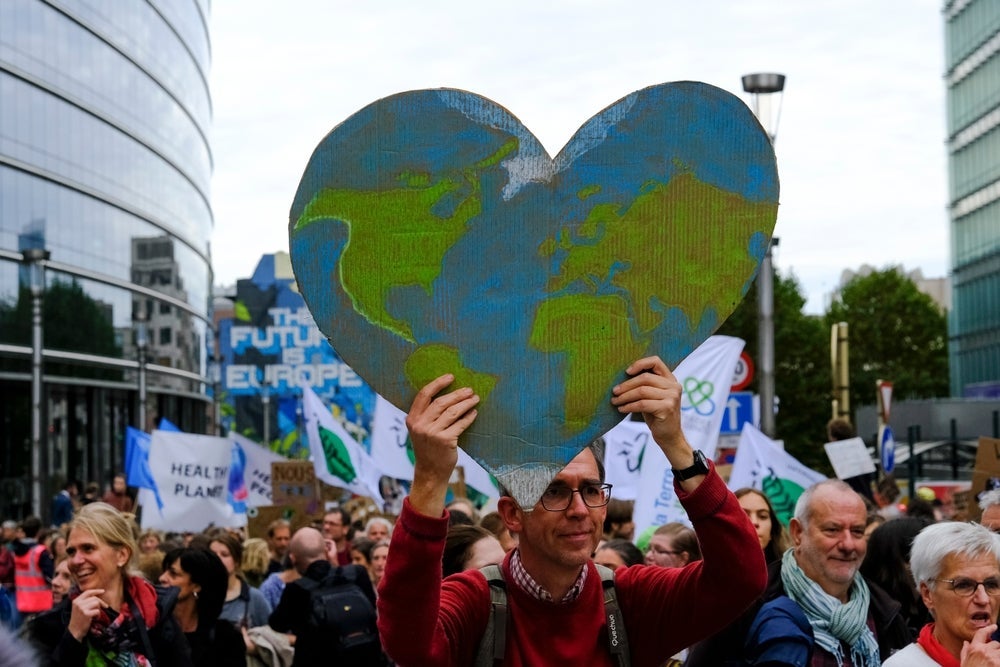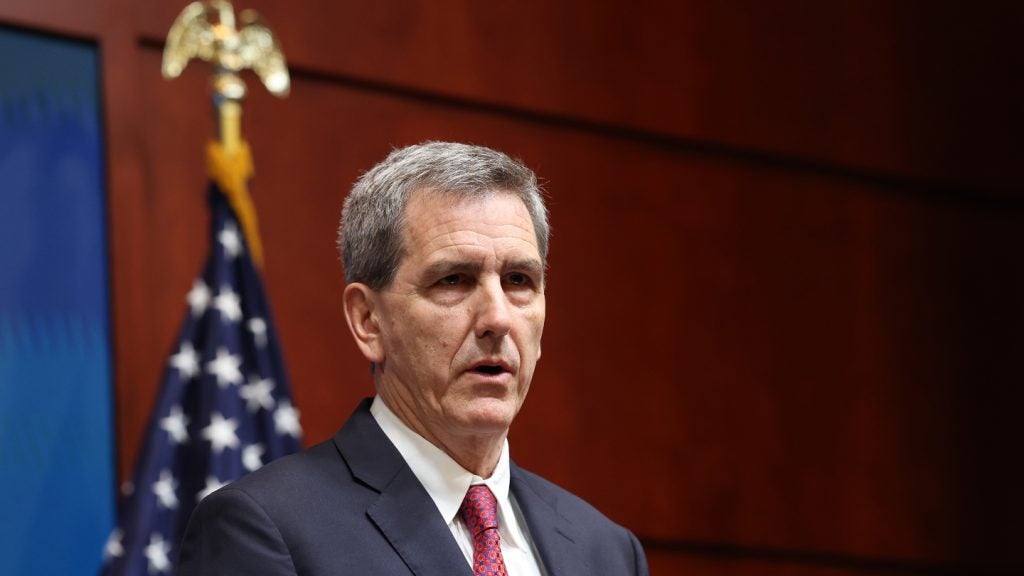
The world is currently at an environmental crisis point with climate records falling monthly, sea levels continuing to rise, and many companies’ net zero targets continuing to be pushed back as COP27 drifts into memory.
In an attempt to get a grip on things, world leaders are gathering at COP28 for their yearly UN summit. This year it is controversially being held in Dubai, one of the world’s top ten oil-producing nations.
However, since last year’s COP27, what events and government acts have made an impression on the climate?
The Inflation Reduction Act
The US Inflation Reduction Act provides tax incentives for electric vehicles and clean energy production in the US. Although the act was passed in August 2022, the majority of its impact will have occurred after COP27.
One year on, the act has been described as “turbocharging the green revolution in the US.” According to the Clean Energy Boom report, the act has created more than 170,600 new green jobs, with the non-profit Climate Power claiming that by July 2023, more than 270 new clean energy projects had been implemented, amounting to $278bn in new investments. An example of these projects is Toyota scaling up its investment in the US, pouring $2.5bn into its electric vehicle battery manufacturing facility. This shows massive steps from the US towards a cleaner and greener future for the nation.
See Also:
The world at war
Conflict in Ukraine and the recent casualties in Israel and Palestine have dominated the headlines and can actually have large impacts on global warming action. For example, the war in the Middle East will have a large effect on two fronts.
How well do you really know your competitors?
Access the most comprehensive Company Profiles on the market, powered by GlobalData. Save hours of research. Gain competitive edge.

Thank you!
Your download email will arrive shortly
Not ready to buy yet? Download a free sample
We are confident about the unique quality of our Company Profiles. However, we want you to make the most beneficial decision for your business, so we offer a free sample that you can download by submitting the below form
By GlobalDataThe first is that the conflict is in an energy-rich area, tempting countries to secure their supplies of oil and gas rather than transitioning away from them, even after the hottest summer on record. This reliance on oil could lead to another inflation spike, again pushing the public priority away from climate progress toward reducing expenditure.
Secondly, at a time when world leaders are gathering to find cooperation and agreement on the shared crisis of climate, any division will only hinder progress. Tensions between the two biggest emitters of planet-heating greenhouse gases, China and the US, are already at an all-time high and these tensions have already spilled into climate politics.
Post COP27 EU added to its long list of climate regulation
After COP27 the European Union introduced a new plan to address the “inflated claims about products”. An EU survey in 2020 found that 53% of environmental product claims were “vague, misleading or unfounded”. Authorities suspected 42% of green product gambits of being “false or deceptive” in another survey in the same year.
To stop companies from using environmental pledges as marketing tools, the EU proposed the Green Claims Directive, which will force companies to back generic environmental claims—such as “environmentally friendly”, “natural”, “biodegradable”, “climate neutral” or “eco”—with robust evidence.
The EU also passed its long-awaited Fit for 55 package, which included a carbon import tax called the Carbon Border Adjustment Mechanism. From September 2023, affected sectors have had to report on their imported emissions, which will start being taxed from 2026. It also passed its deforestation due diligence requirements, which require companies planning to sell cattle, cocoa, coffee, palm oil, rubber, soya, wood, or specified products derived from these, on the EU market to provide a due diligence statement showing the product or its materials were not sourced from deforested land.
UK Government environmental U-turn
In September, Prime Minister Rishi Sunak confirmed that the UK government would perform a major U-turn on its climate commitments. It pushed back the deadline for selling new petrol and diesel cars and the phasing out of gas boilers.
Climate scientists and environmental experts have met the move with despair and criticism. They claim that Sunak is making a radical move to try and attract more votes in the run-up to the 2024 general election. The move is aimed at saving families thousands of pounds delaying the expensive investments into more climate-friendly essential household items. The UK government is now expecting to face scrutiny at COP28 after previously being one of the more forward-looking climate nations.
What difference have these measures made to COP27 aims?
While it is still too early to say, the initial signs are positive. Many of the aforementioned measures show that governments are being forced into action on these ESG topics. And while some laws are being introduced that appear to have little effect on the continued emissions, several laws are requiring companies to change their processes to improve their ESG standards.
However, the world is heading into an impasse with a recession looming, war breaking out, and with 2024 being a year of elections, soon priorities will be pushed and ESG might be sacrificed.
COP28 is likely to be the first sign of what governments are going to prioritize for the coming year.








